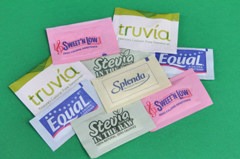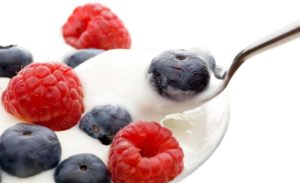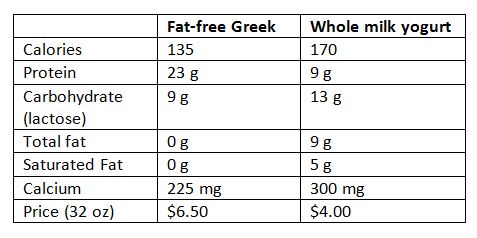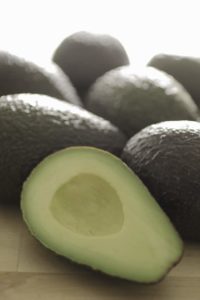 Today is Sample Whole Grains day, an event cooked up by the Oldways Foundation to encourage people to expand their whole grain horizons.
Today is Sample Whole Grains day, an event cooked up by the Oldways Foundation to encourage people to expand their whole grain horizons.
I’m guessing that most of the people reading this blog are already familiar with things like quinoa and teff. Although they may be unusual or even unheard of in some circles, they’ve become fairly mainstream to those who follow food and nutrition.
Sorghum is a Grain?
But what about sorghum? In 15 years of developing recipes, writing about nutrition, and exploring unfamiliar foods, I’ve never knowingly eaten sorghum. In fact, I was faintly surprised to find it listed as a grain because I thought it was a sweetener.
When I lived in the Southern United States, I used to see sorghum syrup in the grocery store, right next to the molasses and corn syrup. I had no idea that sorghum can also be eaten as a grain. In fact, it is one of the world’s most important cereal (grain) crops. It’s also gluten free.
How to Use Sorghum
Whole grain sorghum flour has a light texture and color and a mellow, slightly sweet flavor. Despite being somewhat lower in fiber than whole wheat, sorghum flour appears to have a somewhat lower glycemic impact than other flours. That doesn’t make it calorie free, of course! You’d want to enjoy those sorghum muffins and pancakes in moderation–like any flour-based food. (Here’s a recipe for a sorghum pancakes from the Oldways recipe archives.)
Even better, look for whole sorghum grains, which are sometimes called milo. Cook them until tender and use them as you would rice or barley. Try this Milo Salad with Oregano, Feta, and Cucumbers.
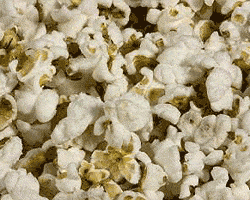
Or, most fun of all, try popping whole sorghum grains like popcorn for a wholesome and novel snack!
You’ll find whole sorghum and sorghum flour in the natural foods aisle of your grocer. Bob’s Red Mill is a popular brand that’s easy to find.
If you’re already an old hand with sorghum, what new grain will you try in the spirit of Sample Whole Grains day?



